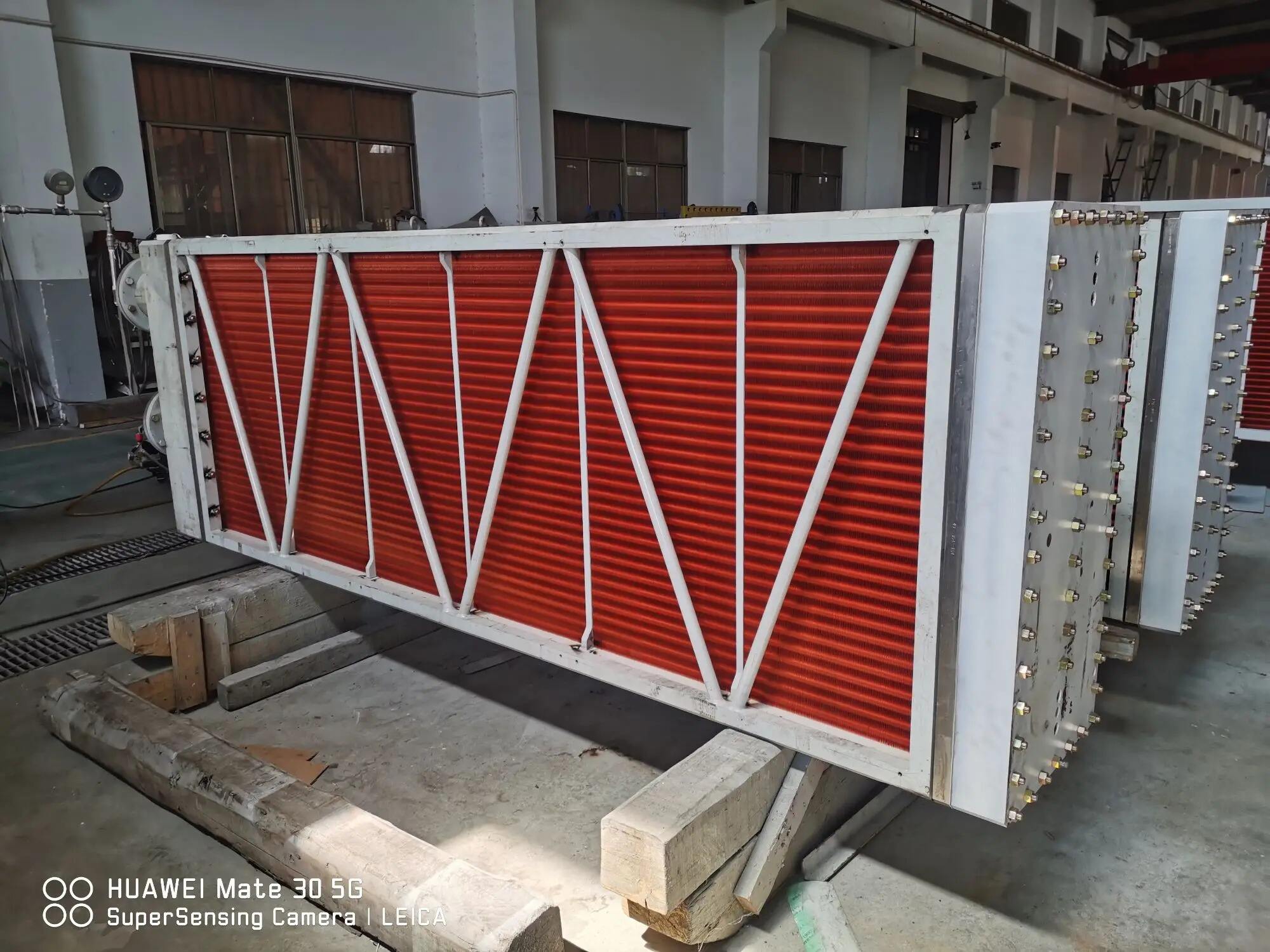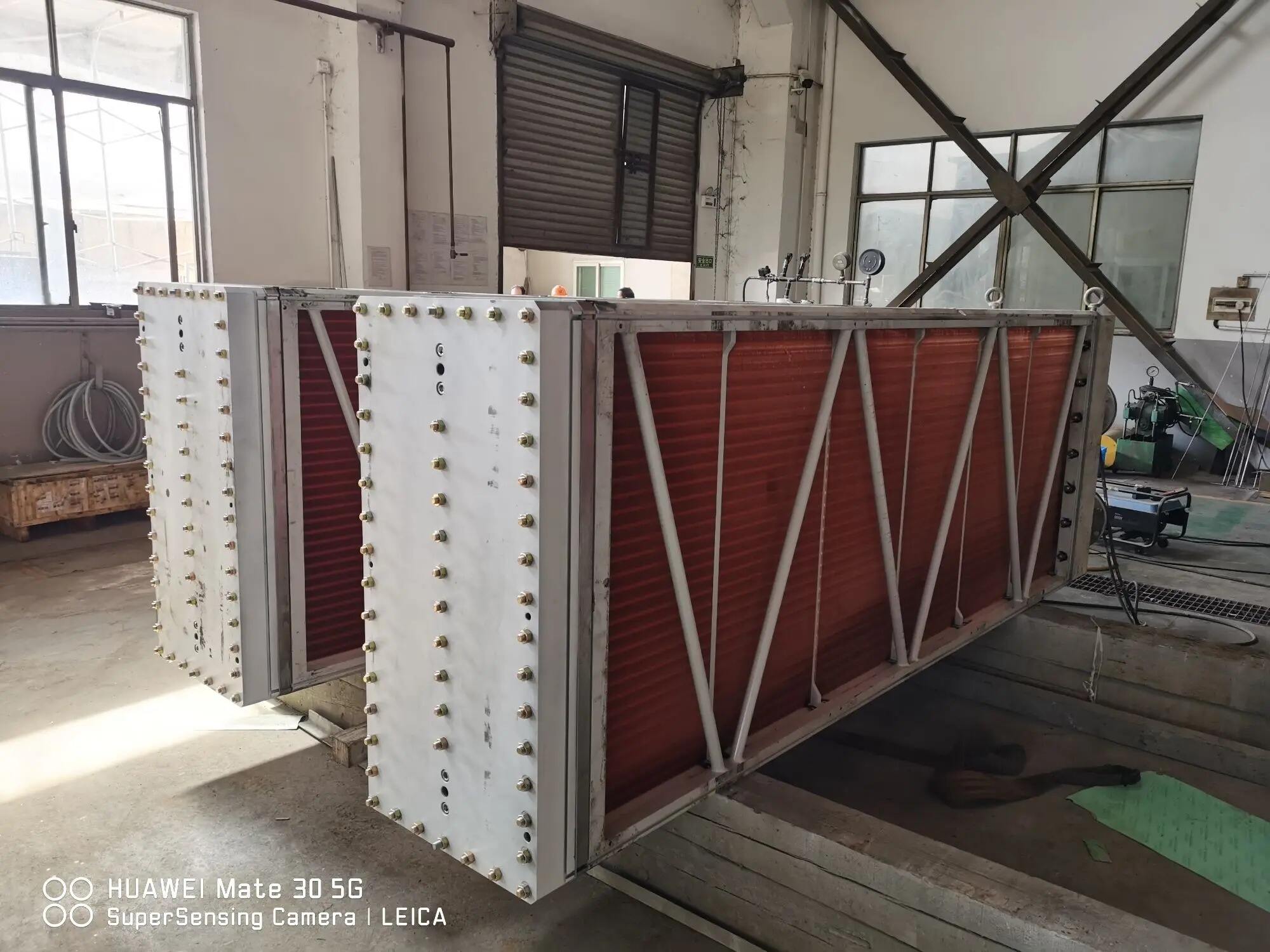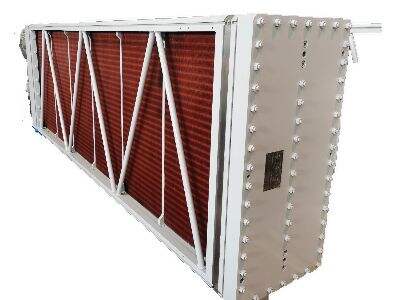Efficient Cooling: Industrial Applications and Performance Advantages of Hydrogen Coolers
Hydrogen coolers are innovative systems being cooling offer many advantages in industrial applications. The Rich not only offer superior cooling but also offer improved effectiveness and safety. Why don't we explore the great things about utilizing hydrogen coolers and their applications in a number of companies.
Advantages
Hydrogen coolers offering numerous advantages that make sure they have been an appealing choice various industrial applications. They create efficient cooling and be sure longer lives associated with the equipment they cool. Hydrogen coolers maintain consistent and conditions being stable services overheating and equipment failure. They additionally reduce steadily the potential for equipment damage by supplying reliable cooling in hot and humid surroundings.
Innovation
Hydrogen coolers are a groundbreaking innovation in cooling technology. Unlike traditional cooling systems, they use hydrogen fuel in the host to water, helping to cause them to become more efficient and safer to exert effort. The Toner collection device cooling process passing high-pressure hydrogen petrol through a heat exchanger, that eliminates temperature through the equipment. The warm hydrogen is then cooled off by the condenser and came ultimately back to your warmth exchanger, completing the cooling cycle.

Safety
One of the main advantages of hydrogen coolers is their safety. Hydrogen is non-toxic, non-corrosive, and non-flammable, which makes it the cooling and dependable safe for industrial applications. Unlike traditional cooling systems that use water for cooling, hydrogen coolers eradicate the threat of leakages, which could harm equipment or pose a risk to workers.
Use
Hydrogen coolers can be present in a wide range of applications. The collector rings is especially beneficial into the charged power generation industry, every time they offer dependable cooling for petrol and steam turbines, generators, and transformers. They're also commonly put inside the metal industry, where they ensure efficient cooling of blast furnaces and hot rolling. Hydrogen coolers may additionally be found in more industries, like chemical processing, oil and petrol, and automotive.
How to use
Utilizing hydrogen coolers is reasonably simple and simple. The key areas of the hydrogen cooler system include a hydrogen supply, a heat exchanger, a condenser, and the cooling tower. The hydrogen provide feeds high-pressure hydrogen to the temperature exchanger, whenever it removes temperature through the equipment. The hot hydrogen gas is then cooled straight down by a condenser and came ultimately back to the temperatures exchanger, doing the cooling cycle. A cooling tower is used to eliminate excess heat the condenser by circulating cool water through it.
Service
The dependability of hydrogen coolers is a critical element their efficient procedure. Regular maintenance and service is necessary to make sure maximum efficiency a longer service lifetime. Service procedures for hydrogen coolers may differ with regards to the maker. However, some traditional maintenance include testing and replacing filters, checking for leaks, and hydrogen monitoring purity.
Quality
Quality is one critical factor the efficient procedure of coolers. Only hydrogen be used into high-quality Hydrogen coolers the system to confirm their dependability and safety. The purity when it comes to hydrogen petrol need fulfill producer's recommendations to reduce contamination of this system. Regular testing of the hydrogen provide is essential to ensure it fulfills the needed quality.

Application
Hydrogen coolers have a wide number of applications in a variety of industries. Within the charged power generation industry, hydrogen coolers are generally accustomed provide cooling for fuel turbines, steam turbines, generators, and transformers. Also widely used to the metal industry, where they cool blast furnaces and hot rolling. Hydrogen coolers can be used in more industries, like chemical processing, oils and gasoline, and automotive.


